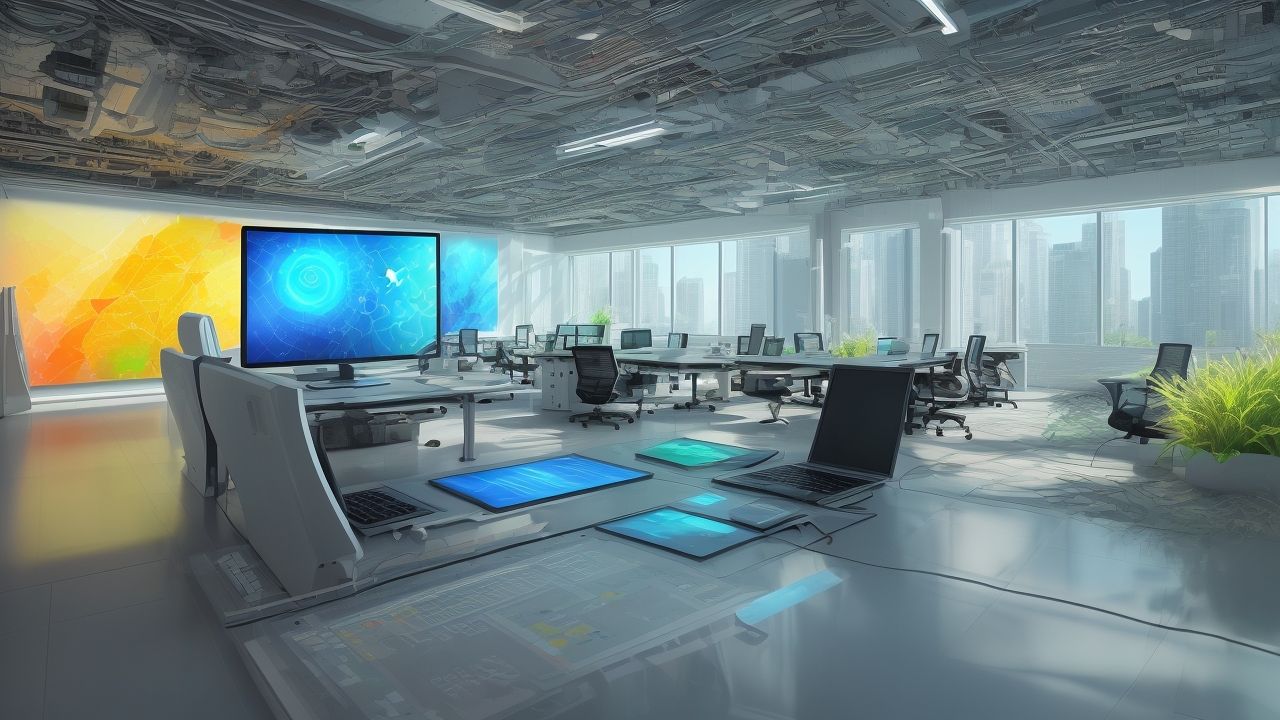free unlimited video face swap guide
A Complete Guide to Free Video Face Swapping: The Ultimate Tutorial
Understanding Video Face Swap Technology
Video face swapping has transformed how we create and edit content. This technology enables seamless replacement of faces in videos, opening new possibilities for content creators. Modern AI-powered tools have made this process accessible to everyone, regardless of technical expertise.
The core technology relies on deep learning algorithms that analyze facial features, expressions, and movements. These systems process thousands of data points per frame to ensure natural-looking results.
How Face Swapping Works
The process involves several key steps:
- Facial detection and mapping
- Expression analysis
- Real-time rendering and adjustment
Getting Started with Face Swapping
Beginning your face swapping journey requires understanding the basic workflow. First-time users should focus on learning the fundamental controls and settings. Starting with simple videos helps build confidence before attempting more complex projects.
Essential Tools and Requirements
Modern face swapping requires minimal equipment – primarily a decent computer and reliable internet connection. The software handles most of the heavy lifting through cloud processing.
Advanced Techniques and Tips
Mastering advanced features elevates your face swapping results. Understanding lighting matching, expression synchronization, and frame rate consistency creates more convincing outputs.
Optimizing Video Quality
Quality optimization involves careful attention to source material selection and output settings. Higher resolution inputs generally yield better results.
Best Practices for Quality Results
Following established best practices ensures consistent quality. This includes selecting appropriate source materials, maintaining proper lighting conditions, and understanding technical limitations.
Maintaining Natural Movement
Natural movement preservation requires attention to timing and motion patterns. Successful face swaps maintain the original video’s fluidity while implementing the new face.
Common Challenges and Solutions
Face swapping technology, while advanced, can present certain challenges. Understanding common issues and their solutions helps achieve better results consistently.
Troubleshooting Common Issues
Most face swapping challenges relate to lighting mismatches or expression inconsistencies. Learning to identify and address these issues improves overall output quality.
People Also Ask About Video Face Swapping
What equipment do I need for video face swapping?
You only need a computer with internet access. Most modern laptops or desktops are sufficient for basic face swapping tasks.
How long does face swapping typically take?
Processing time varies based on video length and complexity. Most modern tools complete swaps within minutes for short clips.
Are there any limitations to face swapping technology?
Current technology works best with clear, well-lit footage. Extreme angles or poor lighting can affect quality, but tools continuously improve.


